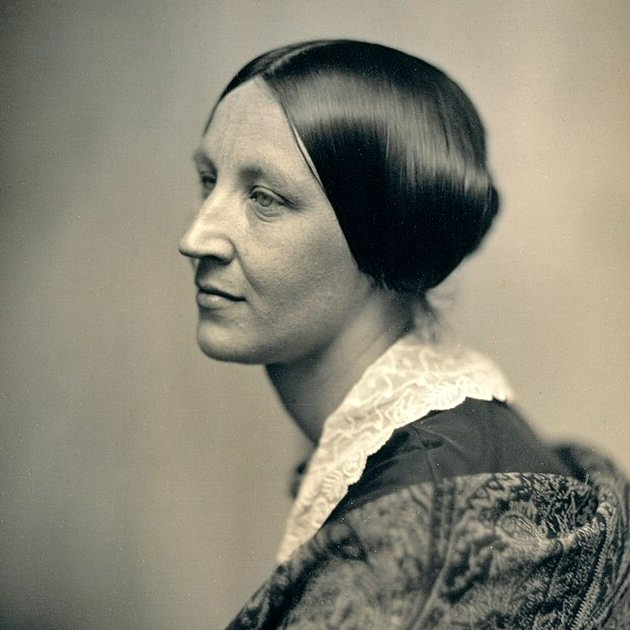 |
"Bias & Bigotry" |
||||
| More... |
Susan B. Anthony was born on February 15, 1820, in Adams, Massachusetts, to Daniel and Lucy Read Anthony, both of whom were advocates of social change and members of the Quaker tradition, known for promoting equality and education. Raised in a politically active family, Anthony was introduced to the abolitionist movement, the temperance campaign, and the fight for women's rights at a very early age. This exposure helped shape her convictions and commitment to social justice. Anthony pursued teaching for several years before deciding to focus fully on activism, driven by a strong conviction that women and men should be treated equally. The mid-19th century, during which Anthony became an activist, was a period marked by intense social and political upheaval in the United States. The country was grappling with the issues of slavery, the aftermath of the Civil War, and the reconstruction era that followed. Anthony's activism coincided with these tumultuous times, which saw widespread discrimination not only against African Americans but also against women. Her efforts were particularly focused on women's suffrage, which she argued was essential for women to achieve equality in society. She worked alongside other prominent activists like Elizabeth Cady Stanton, and together they spearheaded various initiatives, including the creation of the National Woman Suffrage Association in 1869. Susan B. Anthony's contributions to the women's suffrage movement are immeasurable. She traveled extensively, giving speeches, organizing events, and advocating for legislative changes at both state and national levels. In 1872, she was arrested for voting in her hometown of Rochester, New York, and fined $100, a penalty she never paid. Her trial and subsequent conviction garnered national attention and significantly influenced public opinion on the issue of women's suffrage. Anthony's relentless pursuit of equal rights led to significant legal successes, including the 19th Amendment to the U.S. Constitution, which granted women the right to vote. Though she did not live to see this amendment ratified, her tireless efforts and advocacy paved the way for its adoption in 1920, ensuring her legacy as one of the most influential figures in the fight for equal rights for women. Reference: Wikipedia.org |
||||
|
|
